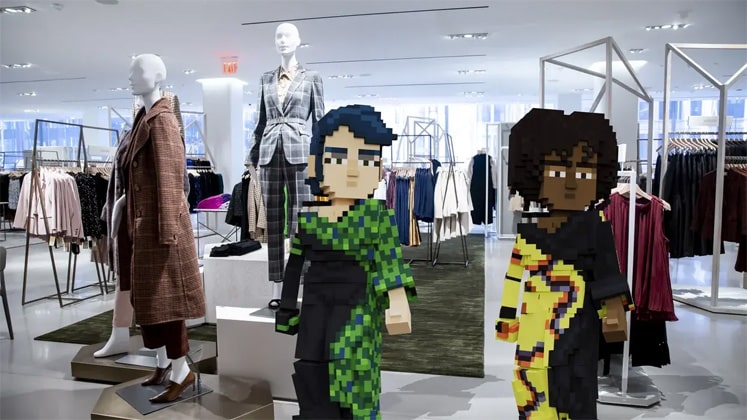
According to consumer protection organisation Tina.org, Walmart has terminated its Universe of Play metaverse experience on Roblox six months after its debut. For its side, Walmart claimed that the experience was ended “as planned.”
The team for next-generation narrative and consumer experiences, which was developing Walt Disney’s metaverse initiatives as of late last month, has been eliminated. Following the social media juggernaut Meta’s announcement that its metaverse subsidiary had lost $4.3 billion in the fourth quarter, a series of headlines broke.
These findings have called into doubt the ability of the metaverse to pay back the investments that businesses have made in it. The metaverse has primarily been used by retailers and businesses to create brand experiences and marketing, although few have reported on its conversion rate. Experts predicted that retailers would likely eliminate underperforming parts of their businesses at a time when brands and retailers are trying to save expenses.
The phrase “metaverse” refers to a broad category of 3D-enabled online communities where people can interact and lead private lives. Among the most well-known metaverse systems are Roblox, Decentraland, and Sandbox.
Brands have recently viewed the metaverse as a way to improve their virtual experiences and specifically connect with Gen Z.
The inaugural show of Metaverse Fashion Week took place in March 2022. Leading fashion companies like Dolce & Gabbana, Tommy Hilfiger, Estée Lauder, Elie Saab, and Etro were represented at the event.
Luxury fashion brand Gucci announced a partnership with Yuga Labs to bring digital fashion into the metaverse. The two companies have signed a multiyear agreement to collaborate within Yuga Labs’ Otherside metaverse and its 10KTF collection, with the aim of exploring joint opportunities between Web3 fashion and entertainment.
Bloomingdale’s unveiled a multi-brand metaverse department store as part of its holiday marketing strategy.
Consumers didn’t appear to share the brands’ optimism over the metaverse. According to a recent CI&T survey, 81% of respondents have never made a purchase in the metaverse, and 45% indicated they never see themselves doing any shopping there.
Although monetization can be difficult, some businesses that invested in a metaverse strategy did so in the hopes of connecting with Gen Z consumers and diverse online groups.

















